"Tax Preparers Near Me"? There's a Better Way to Find a Tax Professional
Here are some tips for weeding out tax preparers that aren't legit and finding the best tax professionals in your area.

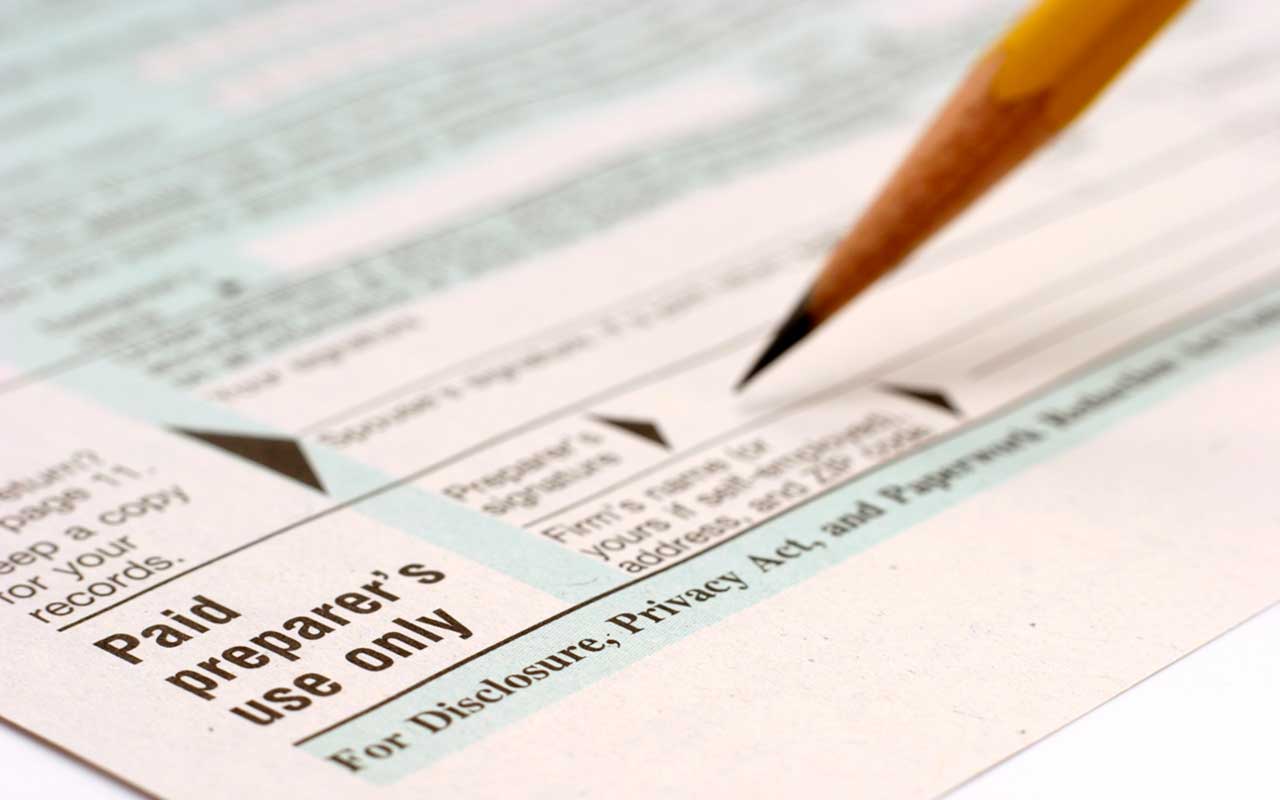
Profit and prosper with the best of Kiplinger's advice on investing, taxes, retirement, personal finance and much more. Delivered daily. Enter your email in the box and click Sign Me Up.
You are now subscribed
Your newsletter sign-up was successful
Want to add more newsletters?
An easy way to find a local tax return preparer is probably to search online for "tax preparers near me" and pick someone from the list. But that isn't the best way. If you want a qualified, honest, and reliable tax professional, you need to put in a little more work.
So, how do you go about choosing the right person to prepare your tax return? Thankfully, it's not that hard. Following these 5 tips for picking a tax preparer will help you weed out the fly-by-night preparers and zero in on the best tax professionals in your area. With a little bit of time and a few targeted questions, you can find a competent and dependable preparer to complete and file your return.
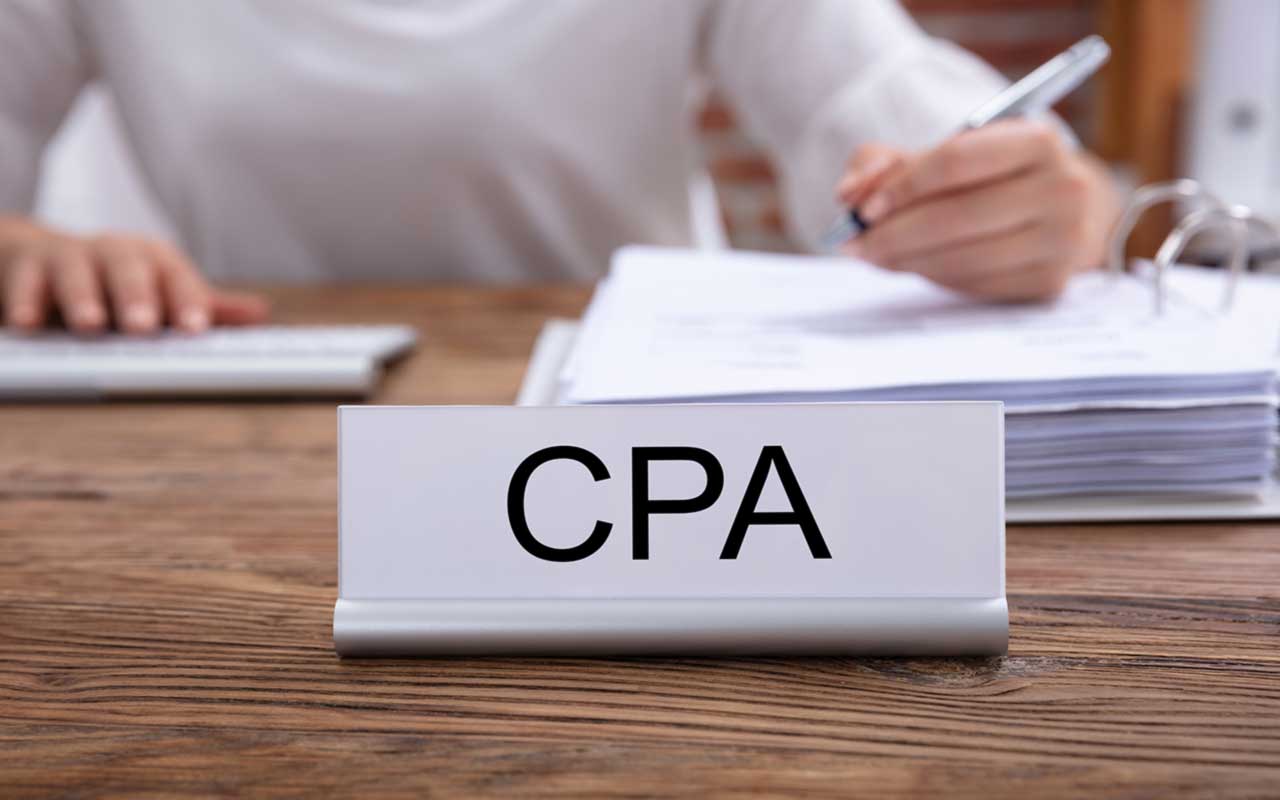
Verify the Tax Preparer's Credentials
There are a lot of people out there claiming to be a "tax professional." However, just because someone advertises tax preparation services, it doesn't mean that they have the skill, education, and expertise to properly prepare your tax return.
So, to increase the odds of finding a qualified tax preparer, look for someone who is credentialed. You are much more likely to get a competent preparer if they've been vetted by the IRS or a state regulatory board. The most common types of credentialed preparers are certified public accountants (CPAs), enrolled agents, attorneys, and annual filing season program participants.
Certified Public Accountants. CPAs are licensed by state boards of accountancy, studied accounting at a college or university, and have passed a rigorous exam. They must also satisfy ethical requirements and take continuing education classes to keep their license.
Enrolled Agents. Enrolled agents are licensed by the IRS. They must pass a comprehensive exam, which requires them to demonstrate proficiency in federal tax return preparation and complete 72 hours of continuing education classes every three years.
Attorneys. Many attorneys are licensed and regulated by state courts and/or state bar associations. If they are licensed, they not only graduated from law school but also passed a bar exam. In addition, attorneys are often required to take continuing education classes and satisfy other professional ethics requirements.
The IRS also runs a voluntary program that recognizes the efforts of return preparers who are not CPAs, enrolled agents, or attorneys. It will issue an Annual Filing Season Program Record of Completion to tax return preparers who complete a certain number of continuing education hours for a specific tax year.
You can use the IRS's Directory of Federal Tax Return Preparers with Credentials and Select Qualifications to find a tax return preparer in your area with the credentials described above.
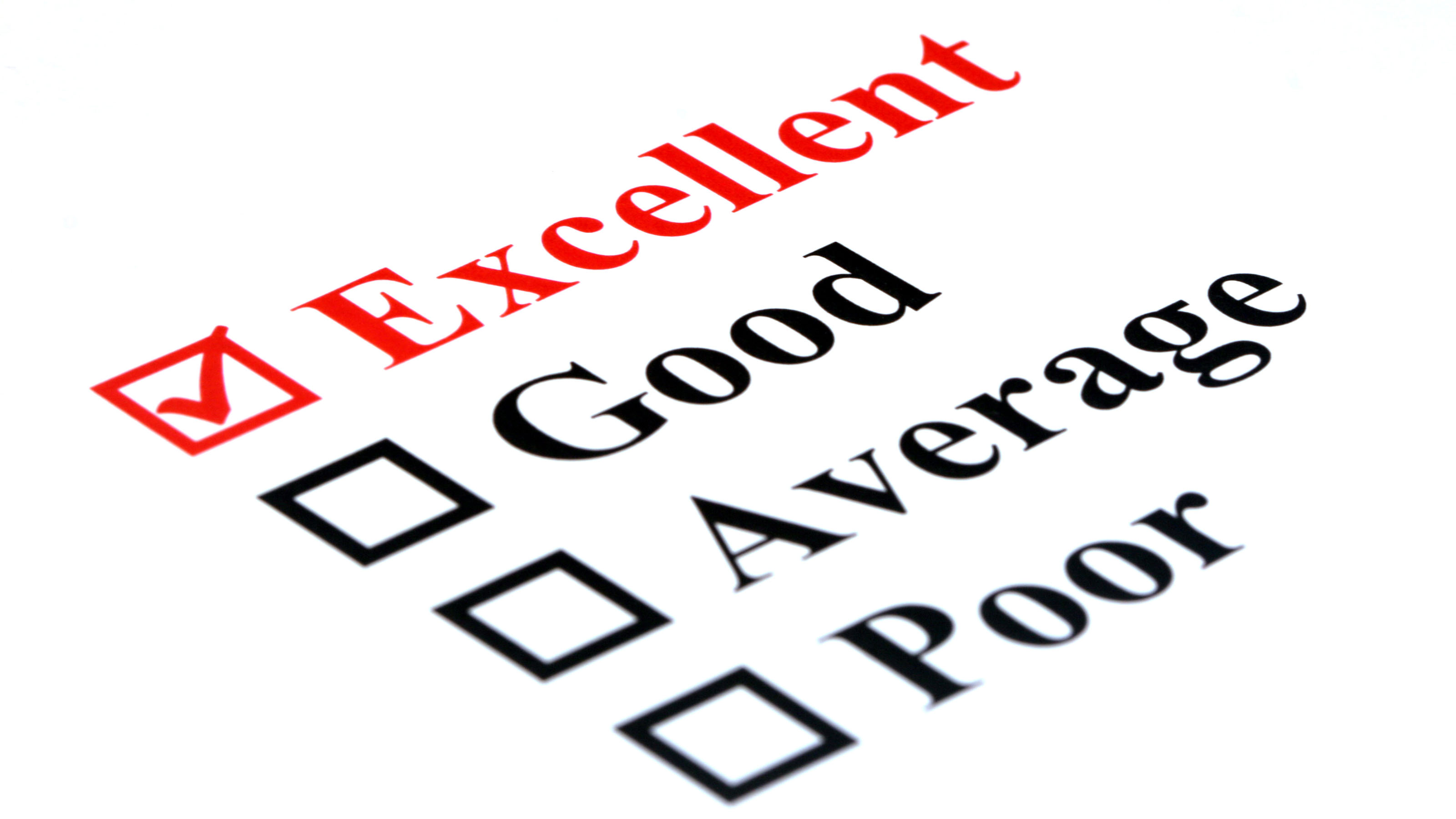
Check the Tax Preparer's Professional Record
You have to be able to trust your tax preparer. Afterall, your preparer will know all about your finances and handle sensitive data like your Social Security number. And even if a preparer is credentialed, that doesn't guarantee that they have a good professional reputation. That's why it's smart to check a preparer's history before handing over your tax and financial documents.
The Better Business Bureau is a good place to start if you want to check up on a preparer's reputation. The BBB grades thousands of preparers based on a variety of factors, including complaints from customers, how long they've been in business, transparent business practices, licensing violations, and truthfulness in advertising. The BBB assigns grades ranging from A+ (the highest) to F (the lowest).
For credentialed tax preparers, you might also want to check their licensing status and look for disciplinary actions against them. For CPAs and attorneys, check with the state regulatory board in charge of licensing. For enrolled agents, go to the IRS's enrolled agent status webpage.
Also make sure that the tax preparer will be around and accessible after your taxes are filed. If there is a problem with your return, you want to know that the preparer is there to help resolve any issues with the IRS.

Ask About Tax Preparation Fees
As with any other service or product you buy, make sure you have a good idea of tax preparation fees ahead of time. Fees for tax return preparation can vary widely depending on a variety of factors, including the complexity of your return, where you live, and the preparer's experience. That's why it is important to get a quote before settling on a tax preparer.
You might not get an exact price up front, but at least make sure you understand how the price is determined. For example, a preparer might have a set fee for each form required, charge you by the hour, or start with a minimum fee and tack on additional costs depending on the complexity of your return. However, walk away if a preparer bases his or her fee on a percentage of your tax refund — you don't want a preparer claiming questionable tax breaks on your return in order to inflate the fee.
Also make sure you understand what exactly is included in the quoted price. Does the price include preparation of your state return? Will you be charged extra for e-filing or office visits? Does the price quote include any type of audit protection if the IRS flags your return? Ask these questions up front.
Don't give tax documents, Social Security numbers or other information to a preparer if you're simply inquiring about their services and fees. According to the IRS, some dishonest preparers have used this information to improperly file returns without the taxpayer's permission.
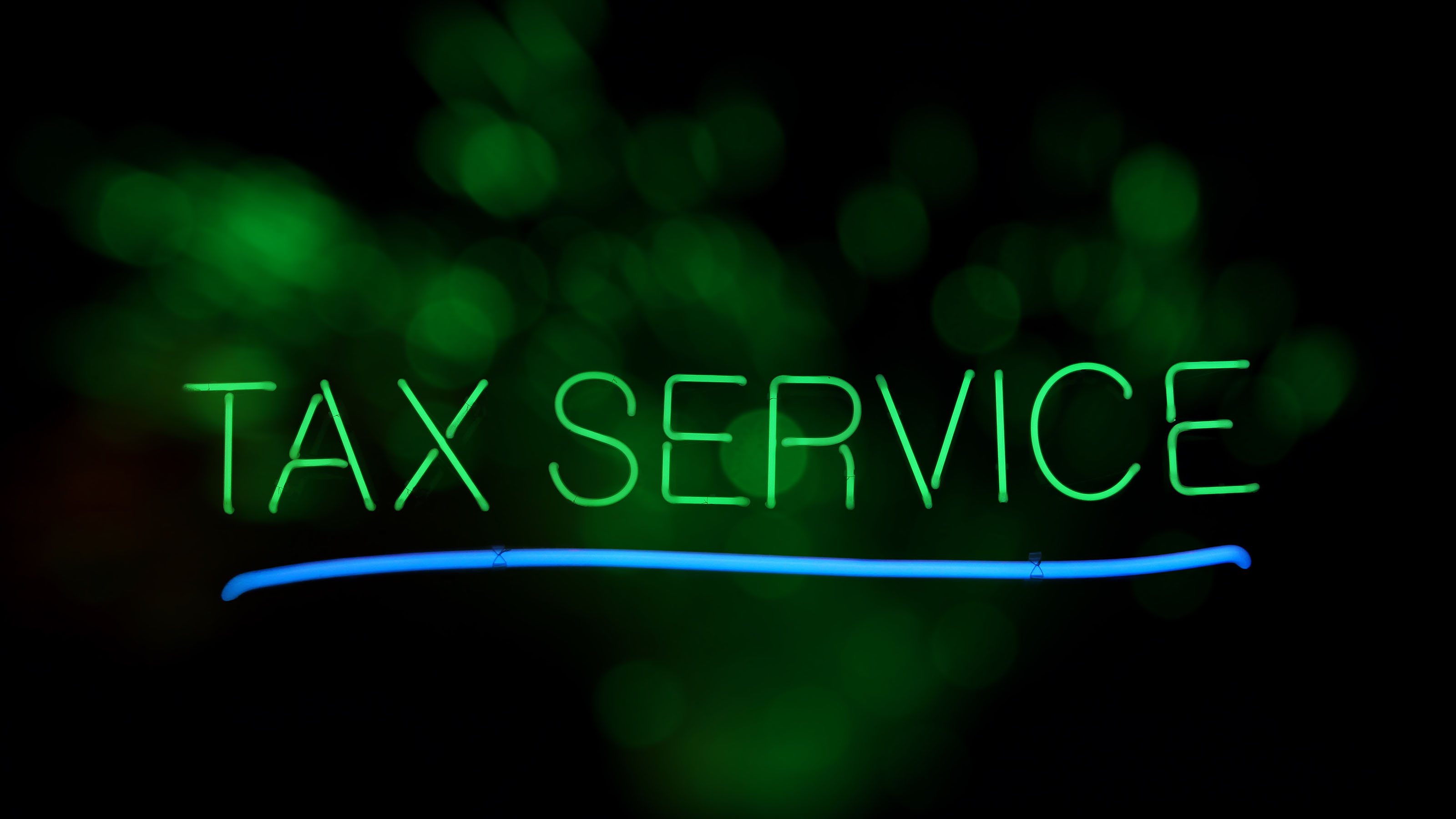
Watch for Problems After Selecting a Tax Preparer
Your due diligence doesn't end after you pick a tax preparer. Watch out for warnings signs that something isn't quite right. If one of these "red flags" pop up, you should seriously consider switching to another preparer right away.
First, don't ever sign a blank tax return. Run for the hills if a preparer asks you to do this! It's just as bad as signing a blank check.
Once the tax return is completed, make sure you get a chance to review it before signing it. If you have any questions or if something is not clear, the preparer should take the time to answer your questions. You have to feel comfortable with the accuracy of the return before you sign it, because you are accepting responsibility for the information on the return when you sign it. You should also get a copy of the completed tax return.
Also make sure the preparer signs the return and includes their Preparer Tax Identification Number (PTIN) at the end of your 1040 (bottom of page 2). This is required by law. Not signing a return is a big red flag that the preparer is up to no good. (Preparers who refuse to sign a return are called "ghost preparers.") Also, all paid tax preparers are required to have a PITN, so don't let them tell you that they don't need one.
If you're due a tax refund, double check the bank routing number and account number on Line 35 of Form 1040 or 1040-SR before signing the return. Make sure your refund will be deposited directly into your bank account — not into the tax preparer's account!
In addition, make sure that the tax preparer offers to file your return electronically. Paid preparers who do taxes for more than 10 clients generally must file electronically. However, don't let a preparer e-file your return using a pay stub instead of a Form W-2. That's against IRS e-file rules.
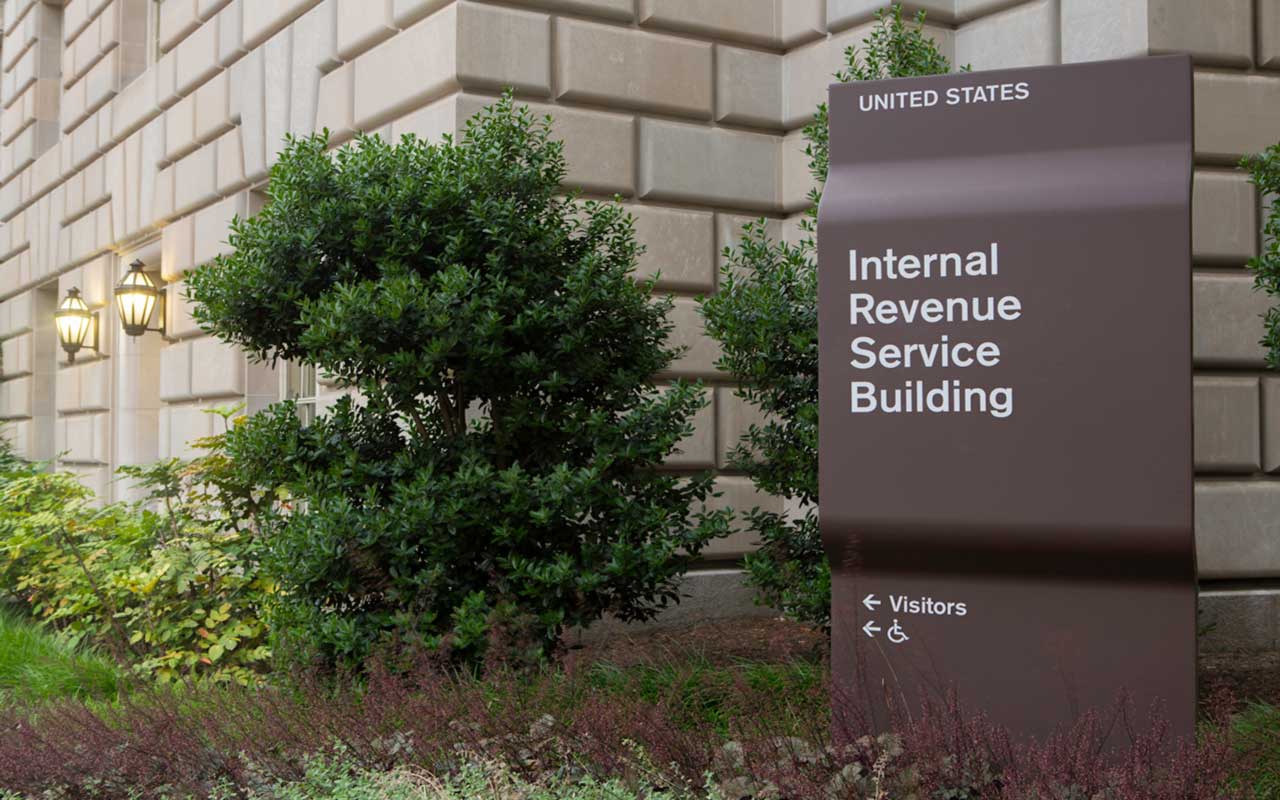
Report Problems to the IRS
If you do run into a dishonest tax preparer, you can report them to the IRS using Form 14157. If you suspect that a preparer filed or changed your return without your consent, file Form 14157-A.
You can also file a complaint against a CPA or attorney with the appropriate state regulatory board.
Additionally, if you suspect that your identity was stolen, file Form 14039 with the IRS right away. To report alleged tax law violations, use Form 3949-A.
Profit and prosper with the best of Kiplinger's advice on investing, taxes, retirement, personal finance and much more. Delivered daily. Enter your email in the box and click Sign Me Up.
Rocky Mengle was a Senior Tax Editor for Kiplinger from October 2018 to January 2023 with more than 20 years of experience covering federal and state tax developments. Before coming to Kiplinger, Rocky worked for Wolters Kluwer Tax & Accounting, and Kleinrock Publishing, where he provided breaking news and guidance for CPAs, tax attorneys, and other tax professionals. He has also been quoted as an expert by USA Today, Forbes, U.S. News & World Report, Reuters, Accounting Today, and other media outlets. Rocky holds a law degree from the University of Connecticut and a B.A. in History from Salisbury University.
-
 Big Nvidia Numbers Take Down the Nasdaq: Stock Market Today
Big Nvidia Numbers Take Down the Nasdaq: Stock Market TodayMarkets are struggling to make sense of what the AI revolution means across sectors and industries, and up and down the market-cap scale.
-
 How Medicare Advantage Costs Taxpayers — and Retirees
How Medicare Advantage Costs Taxpayers — and RetireesWith private insurers set to receive $1.2 trillion in excess payments by 2036, retirees may soon face a reckoning over costs and coverage.
-
 3 Smart Ways to Spend Your Retirement Tax Refund
3 Smart Ways to Spend Your Retirement Tax RefundRetirement Taxes With the new "senior bonus" hitting bank accounts this tax season, your retirement refund may be higher than usual. Here's how to reinvest those funds for a financially efficient 2026.
-
 3 Smart Ways to Spend Your Retirement Tax Refund
3 Smart Ways to Spend Your Retirement Tax RefundRetirement Taxes With the new "senior bonus" hitting bank accounts this tax season, your retirement refund may be higher than usual. Here's how to reinvest those funds for a financially efficient 2026.
-
 5 Retirement Tax Traps to Watch in 2026
5 Retirement Tax Traps to Watch in 2026Retirement Even in retirement, some income sources can unexpectedly raise your federal and state tax bills. Here's how to avoid costly surprises.
-
 Paper Tax Filers Face Long Wait as IRS Digitization Effort Stalls
Paper Tax Filers Face Long Wait as IRS Digitization Effort StallsTax Filing Last April, the IRS launched its Zero Paper Initiative to speed up paper tax return processing. The project isn’t going well.
-
 First the Penny, Now the Nickel? The New Math Behind Your Sales Tax and Total
First the Penny, Now the Nickel? The New Math Behind Your Sales Tax and TotalRounding Tax A new era of "Swedish rounding" hits U.S. registers soon. Learn why the nickel might be on the chopping block, and how to save money by choosing the right way to pay.
-
 Over 65? Here's What the New $6K Senior Tax Deduction Means for Medicare IRMAA
Over 65? Here's What the New $6K Senior Tax Deduction Means for Medicare IRMAATax Breaks A new tax deduction for people over age 65 has some thinking about Medicare premiums and MAGI strategy.
-
 How to Open Your Kid's $1,000 Trump Account
How to Open Your Kid's $1,000 Trump AccountTax Breaks Filing income taxes in 2026? You won't want to miss Form 4547 to claim a $1,000 Trump Account for your child.
-
 In Arkansas and Illinois, Groceries Just Got Cheaper, But Not By Much
In Arkansas and Illinois, Groceries Just Got Cheaper, But Not By MuchFood Prices Arkansas and Illinois are the most recent states to repeal sales tax on groceries. Will it really help shoppers with their food bills?
-
 7 Bad Tax Habits to Kick Right Now
7 Bad Tax Habits to Kick Right NowTax Tips Ditch these seven common habits to sidestep IRS red flags for a smoother, faster 2026 income tax filing.

